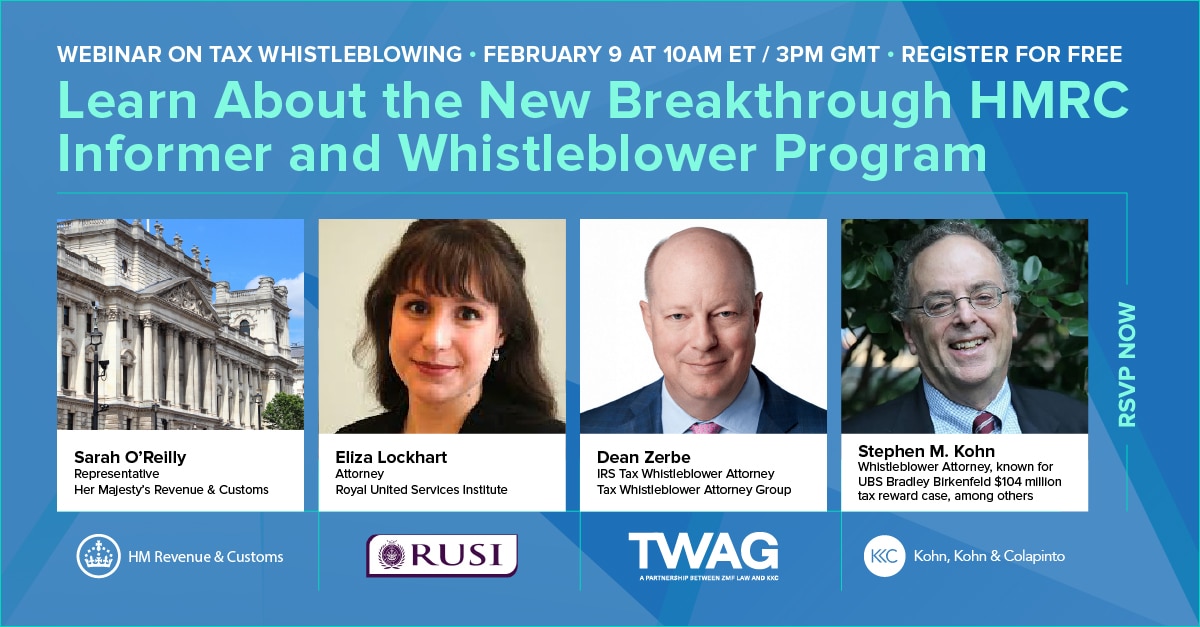Sarbanes-Oxley Anti-Retaliation Provisions Apply Extraterritorially

On August 29, 2017, the Department of Labor’s Administrative Review Board (ARB) issued a significant decision Blanchard v. Exelis Systems Corp./Vectrus Systems Corp., holding that Sarbanes-Oxley Act (SOX) § 806 applies extraterritorially. In other words, Section 806’s whistleblower protections apply to conduct outside of the United States’ territorial boundaries.
Section 806 protects whistleblowers employed by publicly-traded companies from employment discrimination and retaliation. To be successful, the whistleblower must show she engaged in protected activity, the employer took adverse action against her, and the protected activity was a contributing factor in that adverse action.
Blanchard, the complainant in this case, was a U.S. national hired by a U.S. corporation to assess foreign nationals who sought access to an air force base in Afghanistan. Blanchard allegedly discovered his direct supervisors engaged in multiple forms of fraud. Upon informing his supervisors of his discovery, he was told not to report the breach to the U.S. government, and human relations staff at the corporation began investigating Blanchard instead. Blanchard reported whistleblower retaliation to human resources, who threatened and demoted him. Blanchard’s employment was terminated shortly after.
In deciding Blanchard, the ARB made two main findings related to Section 806 extraterritoriality:
- SOX § 806 applies to all publicly-traded domestic and foreign companies subject to U.S. securities laws and their employees, regardless of location.
- The misconduct of a foreign issuer/employer under SOX § 806 must affect the United States in some significant way.
The decision lays out Section 806’s “general extraterritorial applicability.” SOX § 806 employs a “technical definition that unambiguously includes foreign firms.” The type of fraud, not the location of the fraud, is the determining factor. Any other interpretation would give an unfair advantage to foreign issuers/employers and undermine the SOX goal to protect shareholders and the U.S. financial system.
Thus, if the whistleblower reports retaliation by a publicly-traded company subject to U.S. securities laws, and the alleged misconduct is a violation of those laws and significantly affects the U.S., SOX will apply outside of the United States to allow the whistleblower to state a claim under Section 806, regardless of whether the company is foreign or domestic, and regardless of the location of the affected employee or employer.
Links:
Latest News & Insights
January 27, 2026




